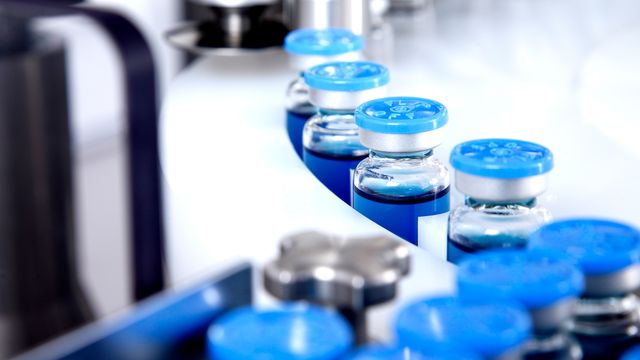Trending News
News

News
Chain Reaction Promotes Tumor Growth in Response to Cancer Cell Death
Researchers have discovered how an inflammatory feedback loop initiated as cancer cells die helps cancer hijack immune responses in order to spread.

News
B Cells’ Developmental Stage Affects Leukemia Outcomes
Scientists at St. Jude Children’s Research Hospital and University Health Network showed that the stage of B-cell development at which leukemia arises impacts B-ALL therapy response and clinical outcome.

News
Urine-Based DNA Test Helps Tailor Cancer Therapy
Researchers revealed that testing urine-based tumor DNA (utDNA) can help predict which bladder cancer patients are at higher risk for recurrence after treatment.

News
Re-Energizing T Cells May Help Patients Better Fight Cancer
Researchers have discovered a potential treatment target that may re-energize dysfunctional or “exhausted” immune cells in their fight against cancer. The target is an immune checkpoint called PTGIR.

News
Hepatitis B May Amplify Cancer Risk From Carcinogens
Researchers from Mass General Brigham discovered that HBV does not cause liver inflammation or cancer on its own, but worsens liver inflammation and may make patients more susceptible to early cancer development caused by environmental carcinogens.

News
Immune-Suppressing Drugs Increase the Donor Pool for Stem Cell Transplants
A new study shows that patients achieve good outcomes with a partial match drawn from the national public registry of donors when they are treated with the immune-suppressing drug cyclophosphamide.

News
FOXA1 Gene Found To Fuel Tumor Growth and Drug Resistance
Researchers discovered two distinct ways in which the mutation of the FOXA1 gene alters tumor formation and therapy resistance in prostate cancer in mouse models.

News
“Chemo Brain” Resembles Cognitive Decline Seen in Aging
While chemotherapy can be lifesaving, it also damages DNA and leads to cognitive issues known as “chemo brain.” These effects resemble the memory and learning problems seen in older adults, prompting researchers to investigate this overlap.

News
Key Protein Helps Aggressive Blood Cancer Grow
Aggressive forms of acute myeloid leukemia (AML) remain challenging to treat, especially in patients with FLT3-ITD mutations. Researchers have identified a key epigenetic regulator that promotes leukemia cell growth by promoting MYC activation.
Advertisement





